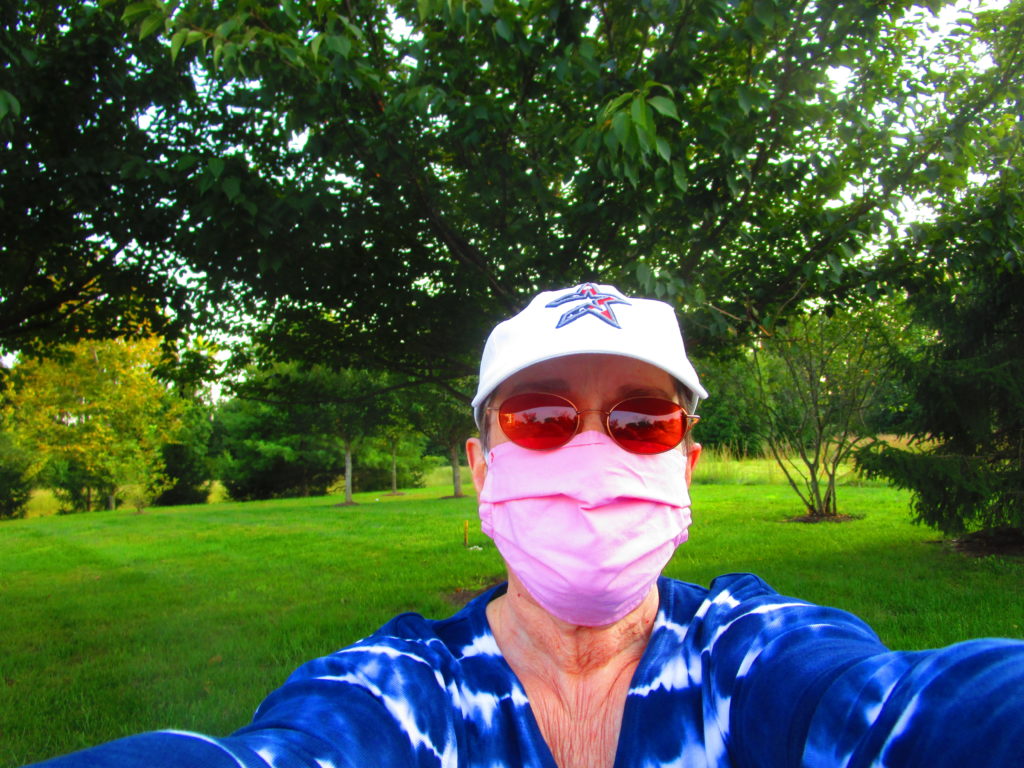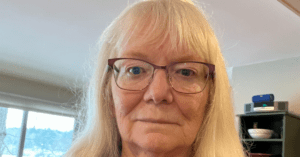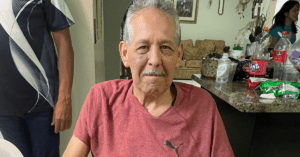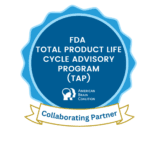Most of my career I lived in Texas and worked as a secretary. After I retired, I moved to Maryland to be closer to relatives. I’m so grateful that I didn’t have ataxia when I was working. Here’s my story.
In 2009, I began having trouble swallowing. Sometimes food would slide down my throat when I wasn’t swallowing and sometimes I couldn’t swallow at all. I went to my ENT who sent me for a modified barium swallow x-ray with a speech pathologist there during the test. It showed that my swallow muscles had gotten a bit weak, but my ENT didn’t know why. For five years, that was my only symptom.
In 2014, my body began wobbling on its own. No one could see it, but I could feel it. I went to my Internist who sent me to a Neurologist. Over the course of several months, the Neurologist gave me some tests in her office. My symptoms didn’t fit with any of the major movement disorders. During my last appointment with her, she pulled out a thick book and said “this book is full of rare neurological disorders – hundreds of them. I can’t test you for all of them.” I understood what she was saying, but I still felt a bit sad that I didn’t get a diagnosis.
I went back to my Internist who, by then, could see me wobbling, and she sent me to a Neurologist who specialized in movement disorders. He did several tests in his office and also sent me for a brain MRI. I saw him three times over an 8-month period. In early 2016, at the end of the third appointment, he said “I think you have Ataxia.” I had never heard of Ataxia, so when I got home, I looked it up on the Internet. I was stunned and scared as I read about it.
At my next appointment with my Internist, I told her what the movement disorder specialist said. She said she had a few other patients with Ataxia who went to Johns Hopkins Ataxia Clinic and she suggested that I go there too, so I did.
The Neurologist I saw at Johns Hopkins Ataxia Clinic also did a very thorough assessment. She said she thought I had Idiopathic Late Onset Cerebellar Ataxia, but couldn’t rule out Multiple System Atrophy because of my age when the symptoms began (age 62). When I got home from that appointment, I looked up MSA online and quickly realized that that was a more challenging diagnosis than Ataxia. Thankfully, every time I go back to her, she says it’s less and less likely that I have MSA.
I’ve had several blood tests looking for an acquired Ataxia, but they’ve all been normal so far. And nothing has shown up on my genetic tests, so my doctors and I still believe I have an acquired Ataxia.
I’ve been going to Johns Hopkins Ataxia Clinic for about four years now. I joined their Ataxia Support Group and go to a few meetings every year. Now during the pandemic, the meetings are virtual, and it’s wonderful to connect with my friends that way, too.
My Johns Hopkins’ Neurologist recommended PT and OT, which I did, and both of those therapies helped me enormously. I still exercise at home about four days a week. Other things that help me are meditating, talking with a therapist, and pacing myself so I don’t get overly tired. I occasionally allow myself to grieve my former abilities for a while; then I get right back up and start doing my daily tasks. My favorite hobby is photography, which has gotten more challenging as my wobbling has gotten worse, so I take a lot of photos and delete the blurry ones. Having a hobby distracts me in a healthy way from my condition.
I get inspired reading stories of how other people with Ataxia are managing their lives, and listening to friends and relatives who also have serious health conditions, and learning how they keep joy in their lives. And I want to keep joy in mine.
Sincerely,
Mary M.

Read Other Member Stories

Ad van der Wegen
Hello, my name is Ad, I am 62 years old and I live in the Netherlands. I am married with Marina and we have a daughter Dorith. Since September 2023 Read More…

Sly F
Hello my name is Sly. I’m 33 years old. Started to show symptoms at age 21, diagnosed at age 25. Fun fact: before I got diagnosed is that I hiked Read More…

Lillian O’Connor
I was diagnosed with Gluten Ataxia Disease 2 years ago. I went to every specialist and checked myself into the hospital for tests. I had a brain MRI. Every doctor Read More…

Marybeth Barker
Shortly after returning from a once in a lifetime vacation to Turkey in 2010, at age 58, I began to experience odd neurological symptoms and profound exhaustion. I felt like Read More…

Neyveth Duarte
My name is Neyveth Duarte and my dad was officially diagnosed with Ataxia earlier this year. My dad is my hero and he is going through a really hard time Read More…

Adam Nelson
I grew up in a small & rural town of about 3,500 people in central Minnesota. I was raised in a blue-collar middle class home, with both loving parents and Read More…











